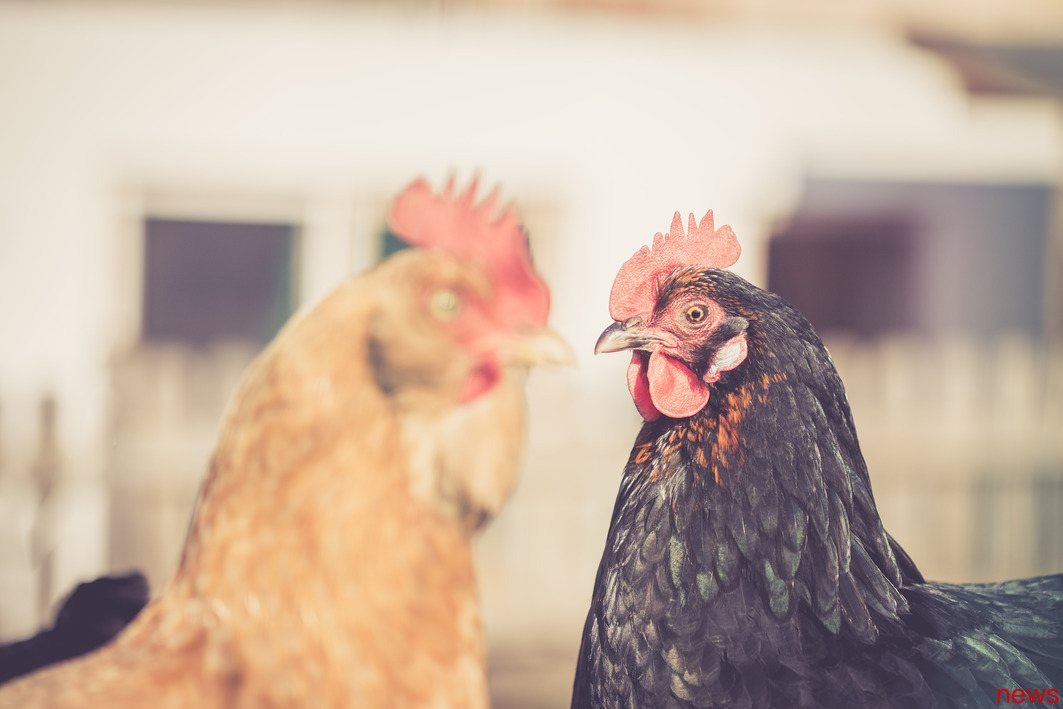Many people, after they grow old or retire, wish to live in the countryside, enjoy the joy of the garden, and even hope to live a self-sufficient life. Business Insider writer Kirsten Lie-Nielsen is one of them. In 2015, she and her husband packed t...

Many people, after they grow old or retire, wish to live in the countryside, enjoy the joy of the garden, and even hope to live a self-sufficient life. Business Insider writer Kirsten Lie-Nielsen is one of them.
In 2015, she and her husband packed their luggage, including 6 tubes and all the books, and moved their home from a 2-inch land in the coastal suburbs to a 93-inch farm in Myanmar Village. Nelson said that she did not hope to reach a high position in her career, nor did she want to drown out in consumer culture. She believed that she could create a non-traditional lifestyle on the land of Myanmar.
Hungering chickens cannot reduce the cost of eggsNilsen said that like many farmers, they start with chickens, and they are "investment money" because they are small in size and easy to grow, and they are not at home on weekends, so it is not difficult to find someone to take care of. Nowadays, chickens are more popular than ever. With the price of eggs rising, people think that they can get "free chicken eggs" by just putting a few chickens in the backyard. The problem is that raising chicken is actually a bad way to get cheap chicken eggs. Nelson said they learned from years of breeding that even if egg prices hit a new high, the cost of placing, raising and caring for a few chickens is far more than buying eggs. In addition, they also found that chickens like to lay eggs in spring and summer, sometimes they are in no way worth it all winter, and are easily threatened by wild animals and avian flu.
Nilsenf's other animals raised by her mother also have similar problems. In order to obtain goat milk, goats must be raised, and their Nigerian dwarf goats will give birth to one to five lambs every year. Because they do not want the sheep to continue to grow in size, they need to be sold, but the problem is that every farmer nearby has goat treasures to sell. In order to keep the sheep healthy, it is also an unsavory fee to ask the baby doctor and the siege column.
Self-sufficient self-sufficiency is harder than imaginedNilson said that at first her view on owning a farm might be naive, but countless writers and celebrities emphasize that this lifestyle is feasible. It took her many years to accept the reality of farm life. It is easy to replace supermarkets with her own vegetable and vegetable vegetables in summer, but in winter, it becomes chaotic to always eat stored roots and marinades.
Even Henry David Thoreau, who is regarded as the "father of self-reliance" in Walden Pond, his mother still washes his clothes for him. Scott Nearings, an economic student who lived in the Vermont forest for 20 years, also has to rely on countless enthusiastic students, as well as earnings from books and tours.
Nilson said that self-sufficient life does not mean flirting with little goats in green fields; on the contrary, they learned from the troublesome process that such life is more like injecting drugs into sick sheep in the early morning and climbing out of bed in the middle of the night to burn wood.
The continued increase in work to be done makes them feel that every little progress, there is more work to do; working continuously in order to keep up with progress gives them less time to do other things, including gatherings with family and friends or intellectual leisure activities.
Nilson points out that some of the farm operators she knows are associates who find favorable pictures, such as promoting this lifestyle or writing on social media, or happening to encounter another source that can provide income. She said that for most people, permanent farming and small animal husbandry are not enough to survive. The romantic scenery of wanting to live on the land is just a fantasy.
Today, Nelsonf still lives in a remote farm with a garden and a few goats, but they neither feed or milk, but they just treat them as pets. Nelson said that what they really learned in farming was not how to be self-sufficient, but how to balance ideals and reality; most importantly, letting her know that rejecting an absolute system does not mean escaping work, but choosing a different way of doing things.